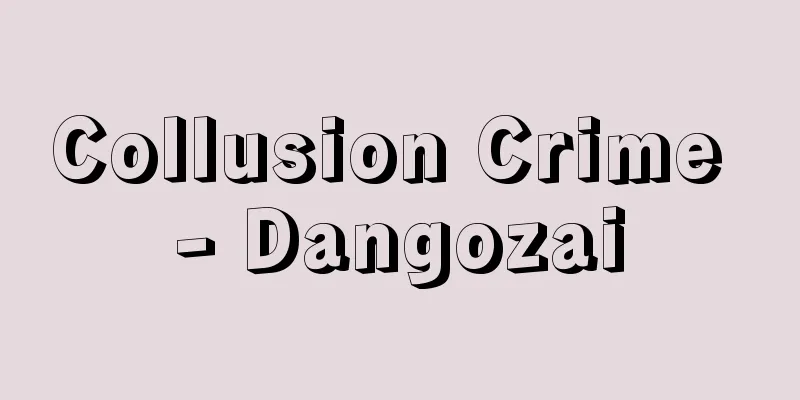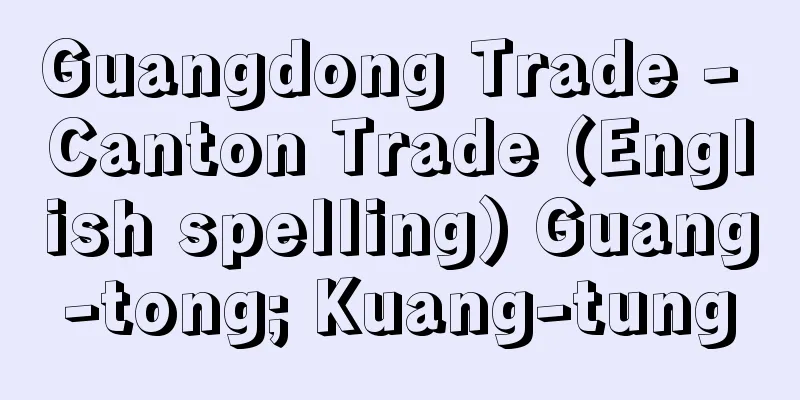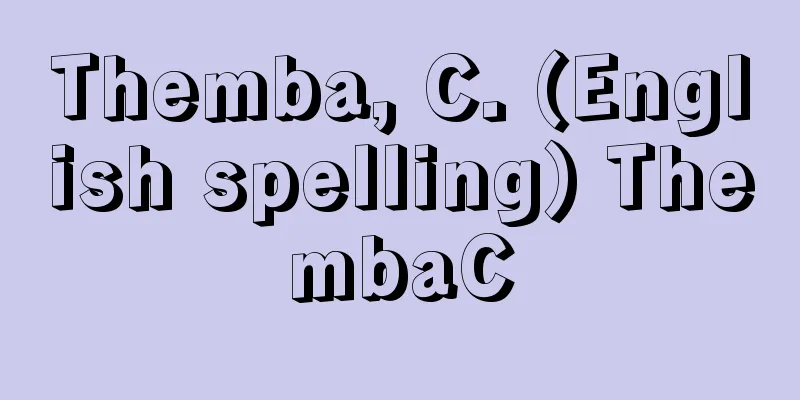Collusion Crime - Dangozai

|
Collusion is a crime committed in a public auction or tender with the intent of harming fair prices or obtaining unfair benefits, and is punishable by imprisonment for up to two years or a fine of up to 2.5 million yen (Article 96-3, Paragraph 2 of the Penal Code). It was added to the category of crimes of obstruction of public duties in 1941 (Showa 16). This crime was established because collusion undermines the purpose of the bidding system and makes it meaningless for auctions, which aim to determine reasonable prices through fair and free competition. "Colliding" means that participants in a bid conspire to make a bid in such a way that a predetermined bidder wins the bid. This crime requires "the intent of harming fair prices or obtaining unfair benefits," but as long as collusion exists, it can be interpreted that there was a specific purpose, unless it is a special case such as protecting businesses from unfair dumping practices through excessive competition. After the Second World War, public works projects were actively implemented in Japan as one of the economic policies to boost, maintain, and stabilize the economy. Contractors for public works projects are selected through a designated competitive bidding system. In this bidding system, it has become almost customary for construction and civil engineering companies to collude in advance, select contractors in order, and distribute the profits among the designated companies that participated in the bidding. Moreover, this has become a cause of political corruption, as politicians have intervened to receive political donations. Such collusion not only violates the Criminal Code, but also the Antimonopoly Act, which prohibits unfair trade restrictions. There has been criticism from overseas companies seeking to receive public works contracts, and the Fair Trade Commission has repeatedly recommended their elimination in order to ensure fair competition. However, there is no end to collusion cases by companies that cannot break away from their structural collusion mentality. [Tetsuro Nawa] [Reference items] | | | |Source: Shogakukan Encyclopedia Nipponica About Encyclopedia Nipponica Information | Legend |
|
公の競売または入札において、公正な価格を害しまたは不正の利益を得る目的で談合する罪で、2年以下の懲役または250万円以下の罰金に処せられる(刑法96条の三第2項)。1941年(昭和16)に公務執行妨害罪の一つに加えられた罪。公正な自由競争により妥当な価格を決定しようとする競売にとって、談合は入札制度の趣旨を没却し、無意味にするため、本罪が設けられている。「談合」とは、入札に参加する者が通謀のうえ、あらかじめ定めた者に落札するよう協定して入札をすることを合意することをいう。本罪は「公正な価格を害しまたは不正の利益を得る目的」を要するが、談合が存在する以上、過当競争による不当なダンピング的行為から業者を保護するなどの特別の場合でない限り、所定の目的があったものと解してよい。 第二次世界大戦後のわが国では、景気を浮揚・維持・安定させる経済政策の一つとして、公共事業が盛んに行われてきた。公共事業は指名競争入札制度により事業の請負業者が決められる。この入札制度において、建設・土木業者が事前に談合し、請負業者を順番で決めるなどして利益は入札に参加した指名業者が互いに配分したりすることがなかば習慣的に行われてきた。しかも、これに政治家が介入して政治献金を得るなど、政治腐敗の原因にもなってきた。このような談合は、刑法に違反するばかりか、不当な取引制限を禁止した独占禁止法にも違反する。公共工事を受注しようとする海外の業者からの批判もあり、公正な競争を確保するために公正取引委員会が排除を勧告することが繰り返し行われてきた。しかし、構造的な談合体質から抜け出せない業者による談合事件は後を絶たない。 [名和鐵郎] [参照項目] | | | |出典 小学館 日本大百科全書(ニッポニカ)日本大百科全書(ニッポニカ)について 情報 | 凡例 |
>>: Issues of state control of coal mines
Recommend
Kaki (persimmon) - Persimmon
A deciduous tall tree of the Ebacaceae family (AP...
Shezhou stone - 90 stone
…The glazes used are tricolor, white, blue, green...
General American
… [dialect] American English does not have the re...
Dog King - Inuou
?-1413 (Oei 20) A Noh actor of the Omi Sarugaku Hi...
Pirate ship
〘 noun 〙① A ship used by pirates①. ※Shakespeare (1...
Naminoue Shrine
Located in Wakasa, Naha City, Okinawa Prefecture....
Flow - flow (English spelling)
Because liquids and gases do not have an inherent...
Free trade imperialism
...This was the result of the establishment of la...
Ama [town] - Ama
A town in Oki County occupying Nakanoshima Island ...
wood sorrel
… Oxalis (wood sorrel, or sorrel; sorrel also ref...
Masamichi Royama
1895‐1980 (Meiji 28‐Showa 55) Political scientist....
Powerful drug - gekiyaku
These are medicines with strong toxicity and phar...
Younger Brother Island
An island in the Chichijima archipelago, in the ce...
Dutilleux, Henri
Born: January 22, 1916 in Angers [Died] May 22, 20...
Clarendon Code
A collective term for four laws enacted in England...









